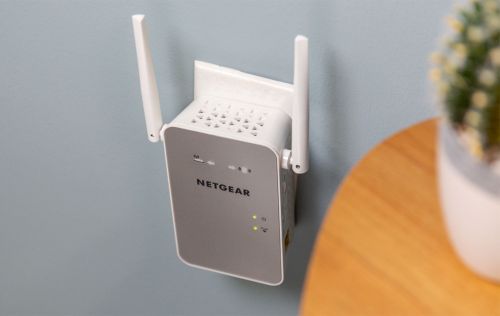Early Verdict
The Netgear EX6150 v2 Wi-Fi extender’s poor performances in testing make it a less practical option compared to better-scoring products.
Pros
- +
It has both a router connection quality indicator and a device connection indicator.
Cons
- -
It received poor scores in testing.
Why you can trust Top Ten Reviews
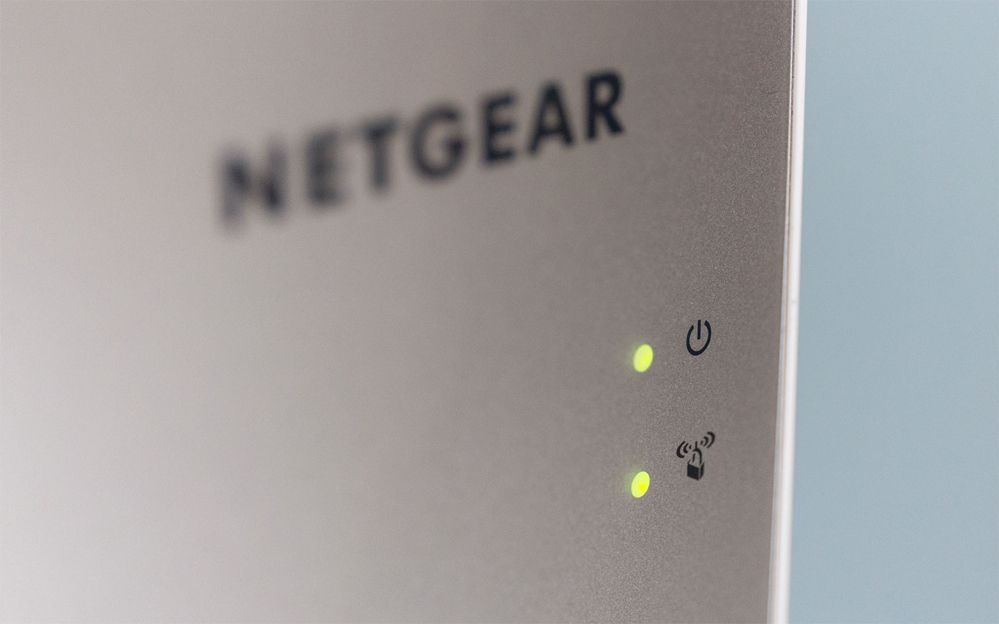
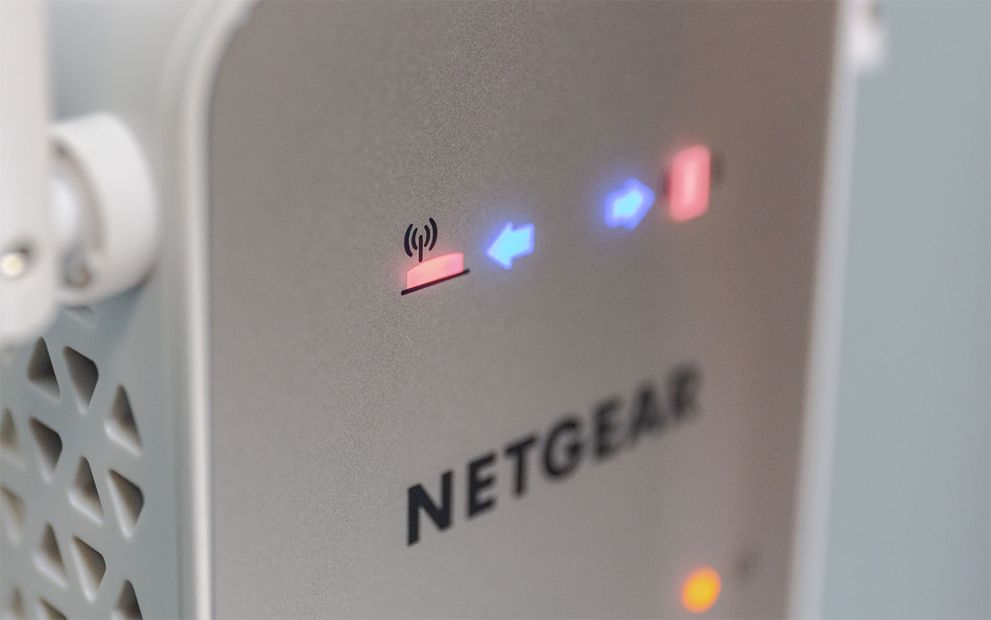
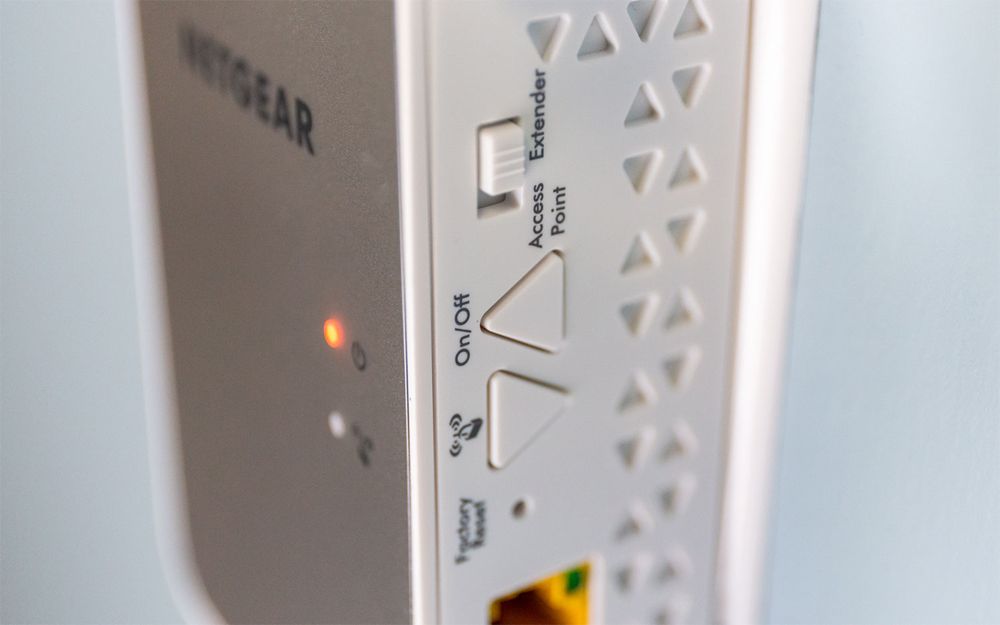
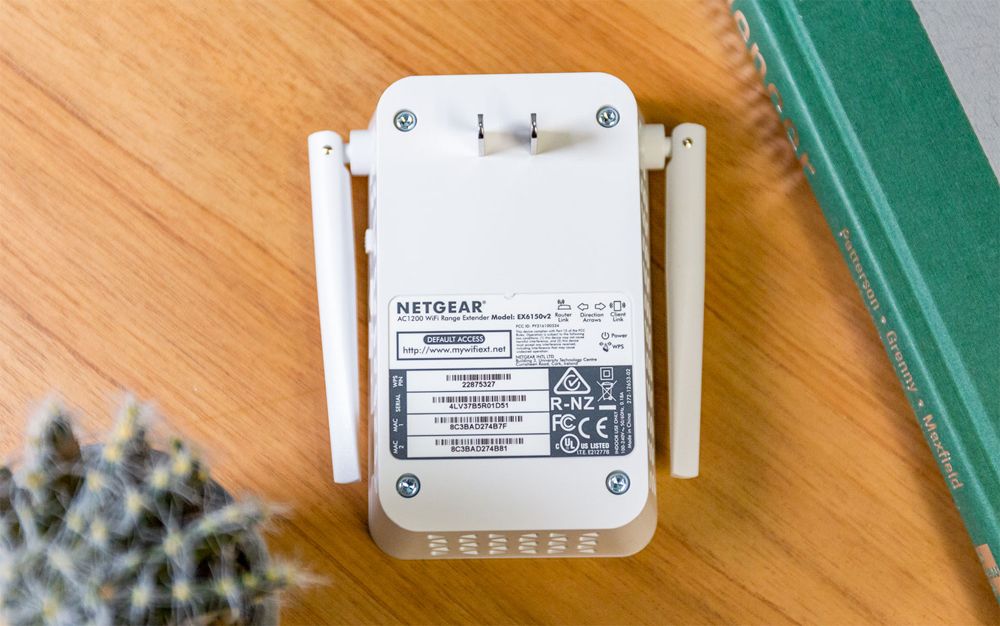
When you compare the Netgear EX6150v2 to other Wi-Fi range extenders, it seems pretty much the same as any other AC1200 wall plug extender. It’s a little larger than some, with its two external antennas, but it’s still compact. It uses the wireless AC standard and is backwards compatible with older wireless standards. It has helpful indicator lights and a Gigabit Ethernet port, which connects to a router to use the EX6150v2 as an access point. It can boost both the 2.4 GHz and 5 GHz wireless frequency bands.
According to specs alone, the EX6150v2 is just as good as any other extender, but it fell short in our tests. We tested ten Wi-Fi extenders using identical testing methodology. There were five tests, all designed to assess the extenders’ performances across long distances and through common obstacles like different floors or walls. We first set up each configuration and used Ixia’s IX Chariot speed test to measure the network performance without the extender. We repeated the speed test on the new, extended network and calculated scores as a percentage of the original network speeds present in the extended network. We were as thorough as possible and ended up taking about 50 measurements for each product. At first, the Netgear EX6150v2’s results surprised us. Most of the extenders managed to capture and rebroadcast 50 percent or more of the original Wi-Fi signal, with our top-performing product, the TP-Link RE450, reaching 100 percent in the majority of its trials. The EX6150v2 extended less than 10 percent consistently over the 25 test runs. Though it’s not uncommon for Wi-Fi extenders to lose some signal quality in the process of extending a network, this is a steep drop-off.
With AC1200 speeds, the EX6150v2 is capable of handling speeds up to 300 Mbps on the 2.4 GHz band and 900 Mbps on the 5 GHz band. Though it is dual-banded, it doesn’t have separate indicators to let you know which bands are working. Even with dual-band, AC1200 capabilities and our test facility’s 400 Mbps internet subscription working in its favor, the Netgear extender only boosted 50 Mbps. That throughput is sufficient for streaming Netflix but compared to the original signal and the speeds other similarly-priced products are capable of, it’s less than satisfactory.
Sign up to receive the latest news, reviews, buying guides and deals direct to your inbox
Rebecca has been writing about technology since 2015. She specializes in smartphones, phone plans, DNA tests and home networking equipment. She has a bachelors degree in creative writing and English literature from the University of Evansville. Rebecca currently works as the co-founder of All Times Are Local, a foster care organization.
